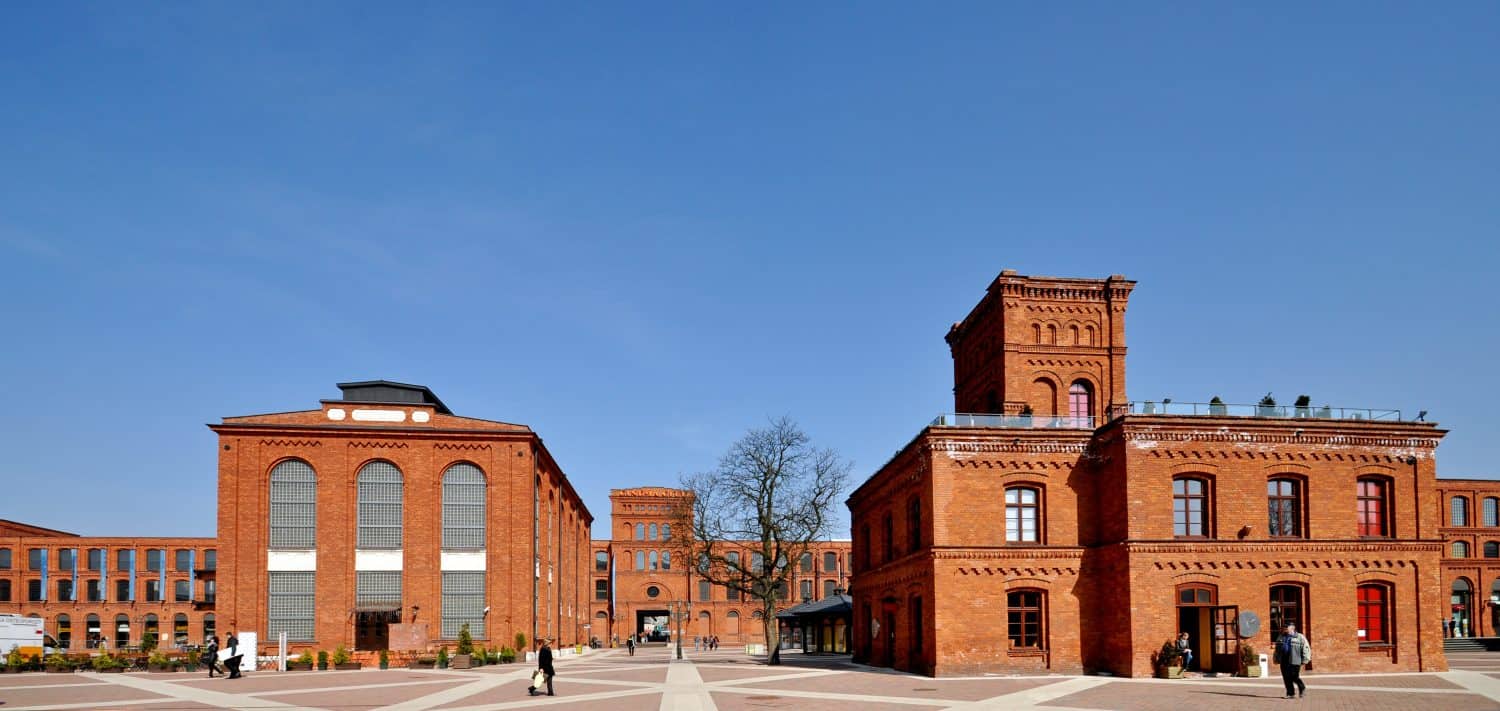Population and Social Characteristics
Here Are the Countries That Benefit Most From Globalization

Published:

When you think about the world, it’s easy to think that your country is all that matters. Unfortunately, this thinking is outdated, and we live in a world dependent on globalization. According to economists, a “global middle class” has formed by heavily relying on the interdependence of a world economy, cultures, and goods and services. As a result, some countries are finding significant benefits by emphasizing globalization more strongly.

Italy’s tourism industry has undoubtedly lifted the country’s overall economy. Millions of visitors come every year to see the country’s luxury goods sector, which is also exported worldwide, and its automobile industry, home to brands like Fiat, Maserati, and Ferrari.

One of the biggest economies in Asia, South Korea has been a global leader for decades. Companies like Samsung and LG are headquartered in South Korea and lead the world in many areas, including household appliances, electronics, and a vast automobile industry, home to brands like Hyundai and Kia.

There is no question that Mexico has benefited from globalization, specifically around the USMCA (United States-Mexico-Canada) agreement. Mexico has quietly become a major North American manufacturing and automobile market player.

Poland’s unique location in the European Union has made it a strategic location for logistics in the region. It has become a manufacturing hub for Europe, including an IT services sector that has continuously grown over the last few decades.

London is a central financial and tourist hub, which has helped the United Kingdom benefit from globalization. The influx of tourism has also boosted the area’s middle class.

With a growing luxury goods area, fashion, manufacturing, and agriculture, France has reaped the benefits of globalization. France’s strong economic growth is likely based more on global trade than domestic production.

One of the strongest economies in Europe, Germany has greatly benefited from globalization. Home to a solid manufacturing base, Germany has become a global leader in areas like automobiles and chemicals.

It won’t be surprising that the US has been a significant benefactor of globalization. The US has seen its middle class explode between its financial markets, technological innovation, and functioning as the global currency.

For a country full of natural resources, Brazil benefits from global investment and globalization. Of all the countries on this list, Brazil has undoubtedly seen its middle class grow big thanks to coffee, iron ore, and soybean exports.

With its unique location in Asia, Vietnam has benefited from attracting much foreign investment. The result is that it’s become an agriculture hub in the region, which has helped reduce its poverty levels and boost economic growth.

India’s huge population makes it an attractive place for global business. One of its biggest global efforts has been its strong IT sector and outsourcing capabilities, enabling thousands of foreign companies to make significant investments.

When it comes to countries benefiting the most from globalization, China is at the very top. China’s abundant resources as the world’s largest exporter, have helped it become a manufacturing powerhouse. As a result, it receives significant foreign investment, which fuels export growth.
The thought of burdening your family with a financial disaster is most Americans’ nightmare. However, recent studies show that over 100 million Americans still don’t have proper life insurance in the event they pass away.
Life insurance can bring peace of mind – ensuring your loved ones are safeguarded against unforeseen expenses and debts. With premiums often lower than expected and a variety of plans tailored to different life stages and health conditions, securing a policy is more accessible than ever.
A quick, no-obligation quote can provide valuable insight into what’s available and what might best suit your family’s needs. Life insurance is a simple step you can take today to help secure peace of mind for your loved ones tomorrow.
Click here to learn how to get a quote in just a few minutes.
Thank you for reading! Have some feedback for us?
Contact the 24/7 Wall St. editorial team.